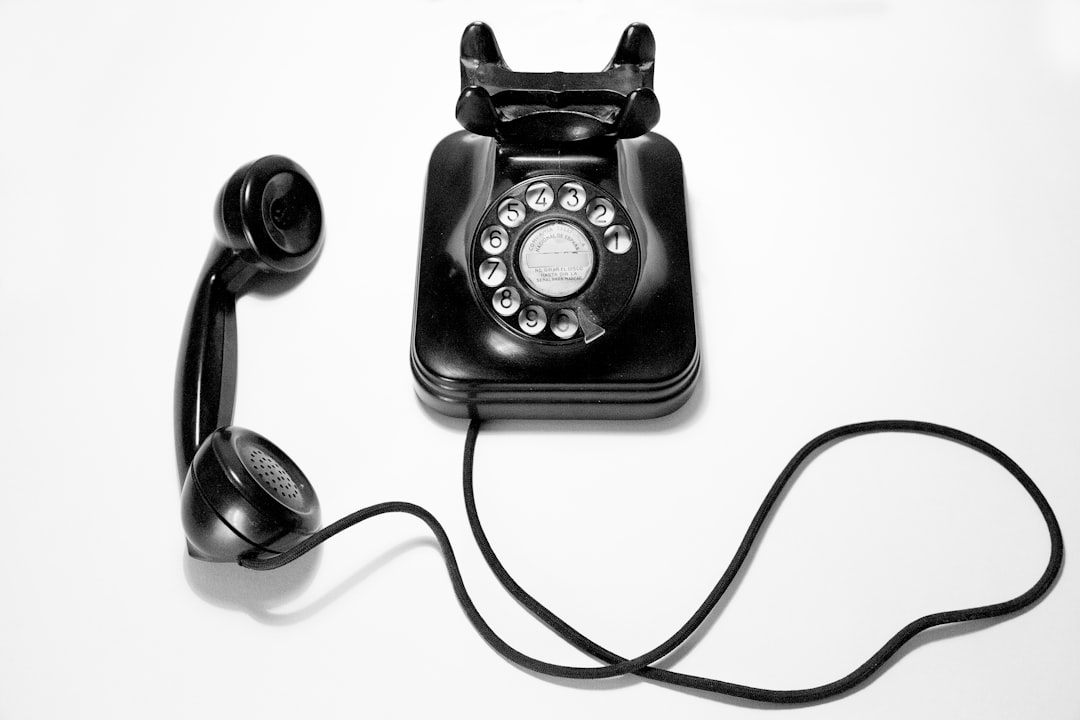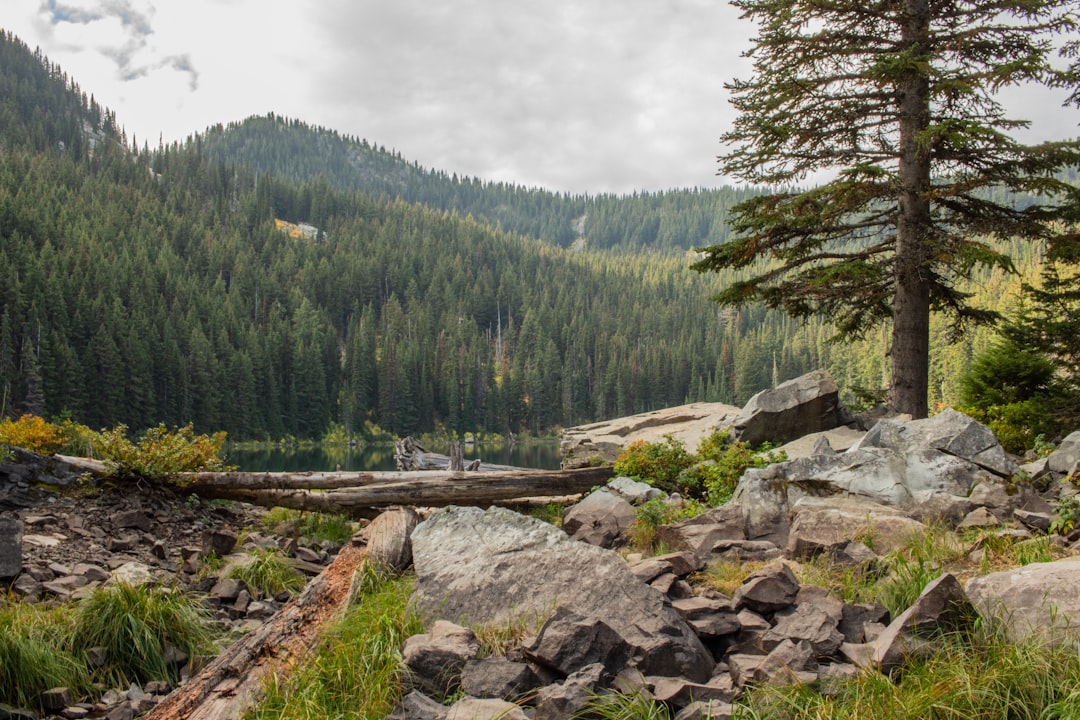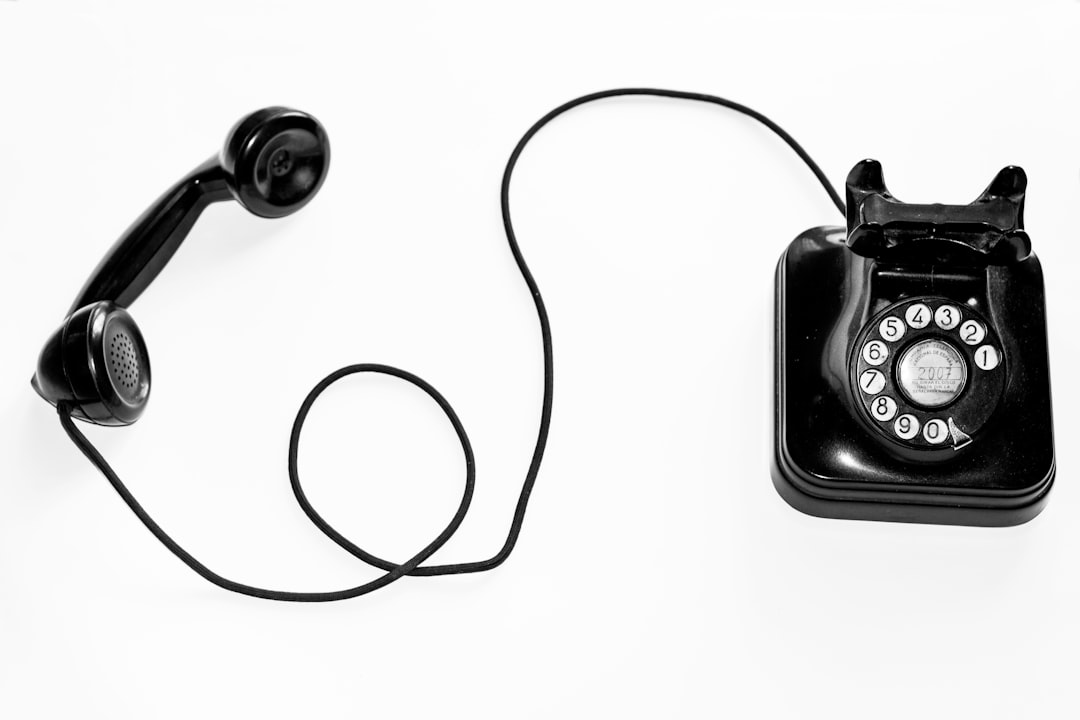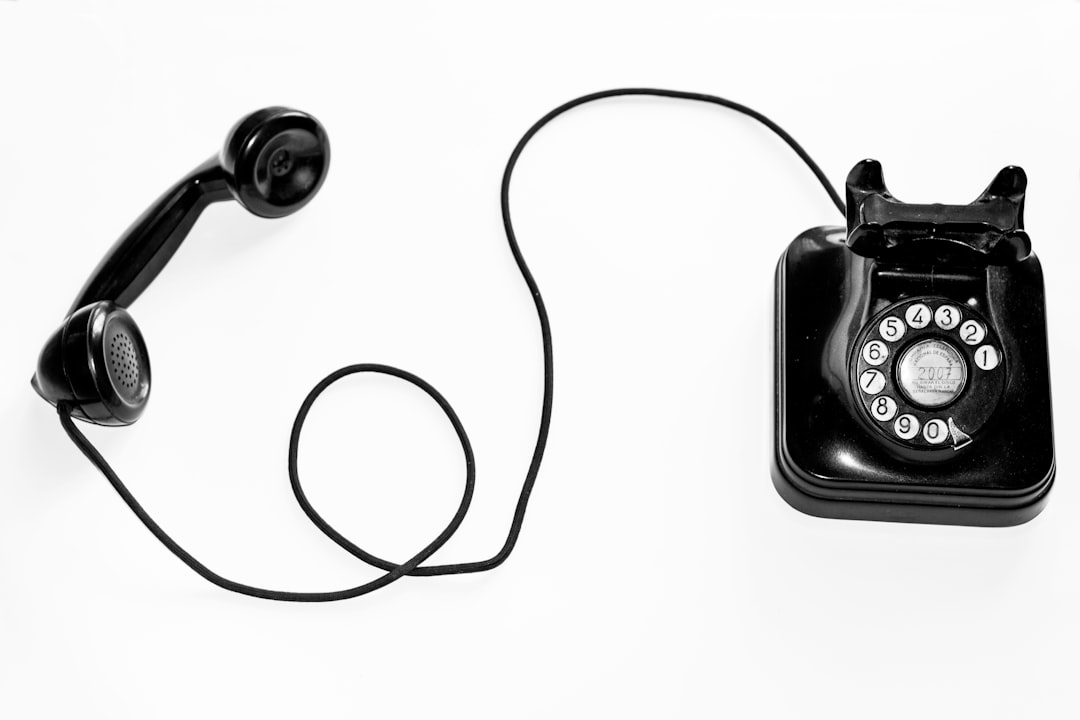Idaho's stringent Telephone Consumer Protection Act (TCPA) regulations target spam call law firms, with particular focus on rafting companies along the Boise River. Non-compliance incurs substantial fines, impacting reputation and stability. Adhering to TCPA consumer rights is crucial for business success while maintaining ethical standards, especially when employing phone communications in marketing strategies. Sophisticated booking systems capture preferences and obtain explicit consent for promotional messages, aligning with state regulations on spam call law firms Idaho. Harsh penalties protect residents from malicious telephone marketing practices and robocalls, ensuring privacy and peace of mind during activities like rafting.
“Boise River rafting trips offer an exhilarating escape, but navigating bookings and legalities can be a challenging current. This article illuminates the intersection of consumer protection and adventure, focusing on TCPA regulations specific to Idaho and how rafting companies navigate trip bookings legally.
We explore the role of spam call law firms in Idaho, ensuring fair practices for consumers seeking these thrilling experiences. By understanding these dynamics, both businesses and adventurers can enjoy a smooth ride.”
Understanding TCPA Regulations in Idaho
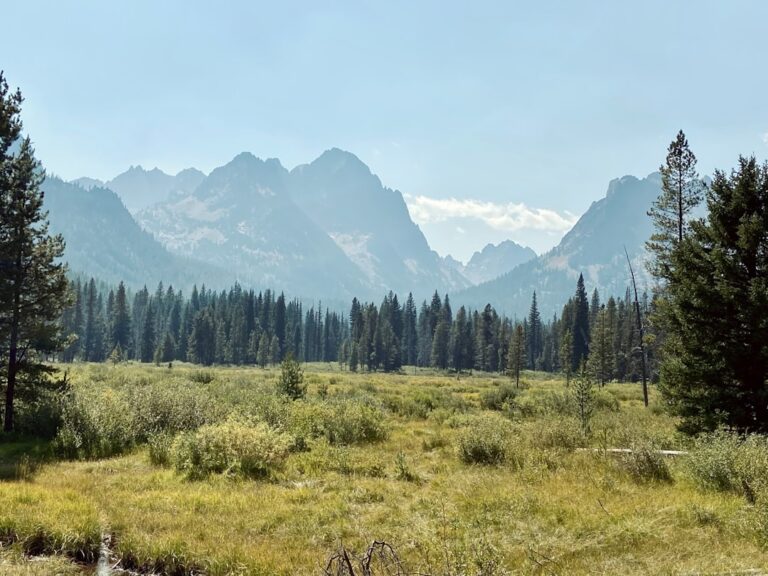
In Idaho, businesses dealing with consumer communications must adhere to strict regulations set by the Telephone Consumer Protection Act (TCPA). This federal law restricts companies from making automated or prerecorded phone calls to consumers without prior consent, specifically targeting spam call law firms. Idaho’s implementation of the TCPA goes beyond federal requirements, ensuring residents’ privacy and peace of mind.
Rafting companies operating along the Boise River should be particularly mindful of these rules when utilizing marketing strategies involving phone communications. Failure to comply can result in significant fines, damaging not only the company’s reputation but also its financial stability. Understanding and respecting consumer rights under the TCPA is essential for any business aiming to thrive in Idaho while maintaining ethical practices.
How Rafting Companies Handle Trip Bookings Legally
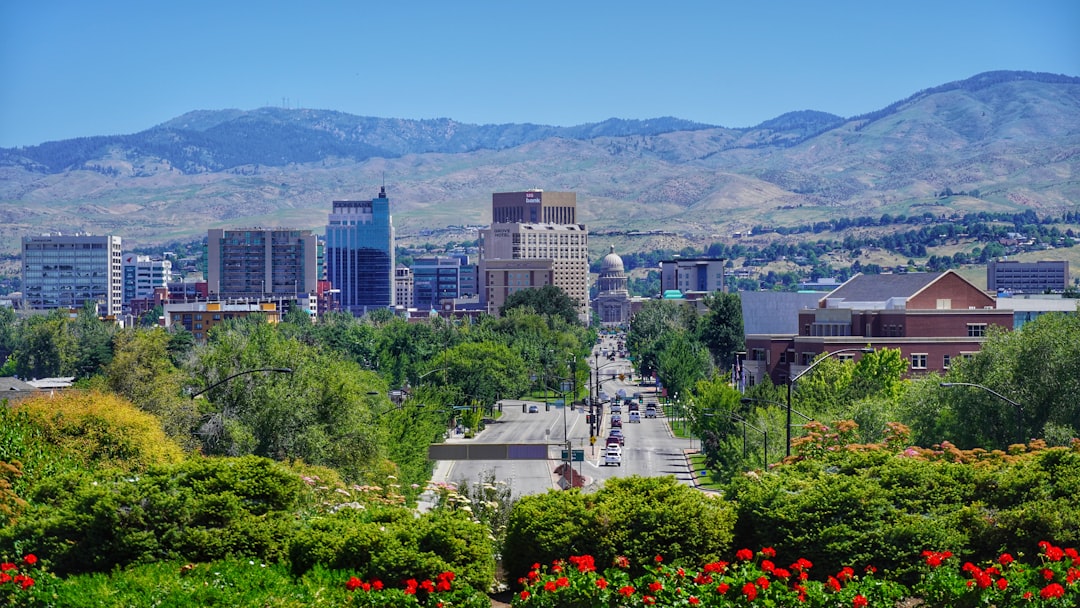
Boise River rafting companies must navigate a delicate balance between providing excellent customer service and adhering to legal regulations, especially when it comes to trip bookings. With the implementation of the Spam Call Law in Idaho, these businesses are required to obtain explicit consent from customers before sending any promotional messages or making automated phone calls. This law is designed to protect consumers from unwanted and intrusive marketing tactics.
To ensure compliance, rafting companies often employ sophisticated booking systems that capture customer preferences and consent during the initial reservation process. By obtaining verbal or written consent, they can legally send follow-up emails or texts with trip updates, special offers, or reminders. Additionally, many companies offer online booking platforms that allow customers to manage their trips, providing a user-friendly experience while also maintaining legal integrity in trip bookings.
Protecting Consumers: Spam Call Law Firms in Idaho
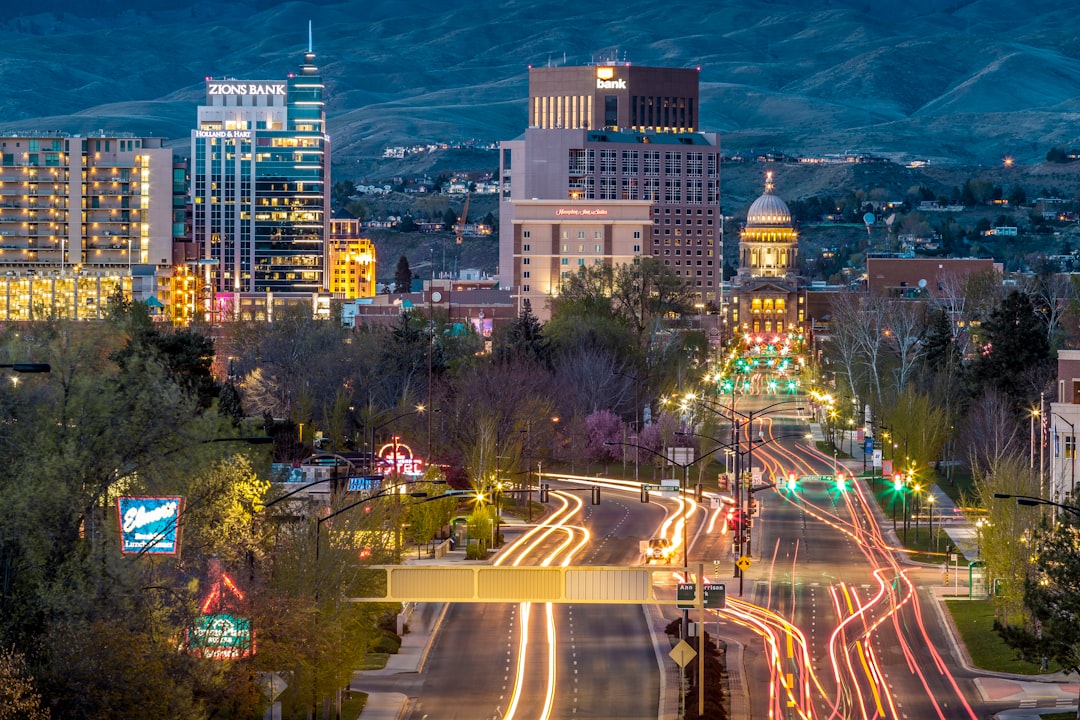
In Idaho, consumers are protected from unwanted and harmful spam calls by a series of laws and regulations enforced by local spam call law firms. These firms play a crucial role in safeguarding residents’ privacy and peace of mind by investigating and taking action against malicious telephone marketing practices. With the prevalence of automated and robocall technologies, these laws are more important than ever to prevent consumers from falling victim to fraud, identity theft, and other forms of exploitation.
Idaho’s stringent anti-spam call measures include strict penalties for violators, giving spam call law firms the authority to issue cease-and-desist orders and seek legal recourse against companies engaging in abusive calling practices. This proactive approach not only deters potential wrongdoers but also ensures that consumers can enjoy their leisure activities, like rafting on the Boise River, without being disturbed by unwanted or illegal telephone solicitations.

